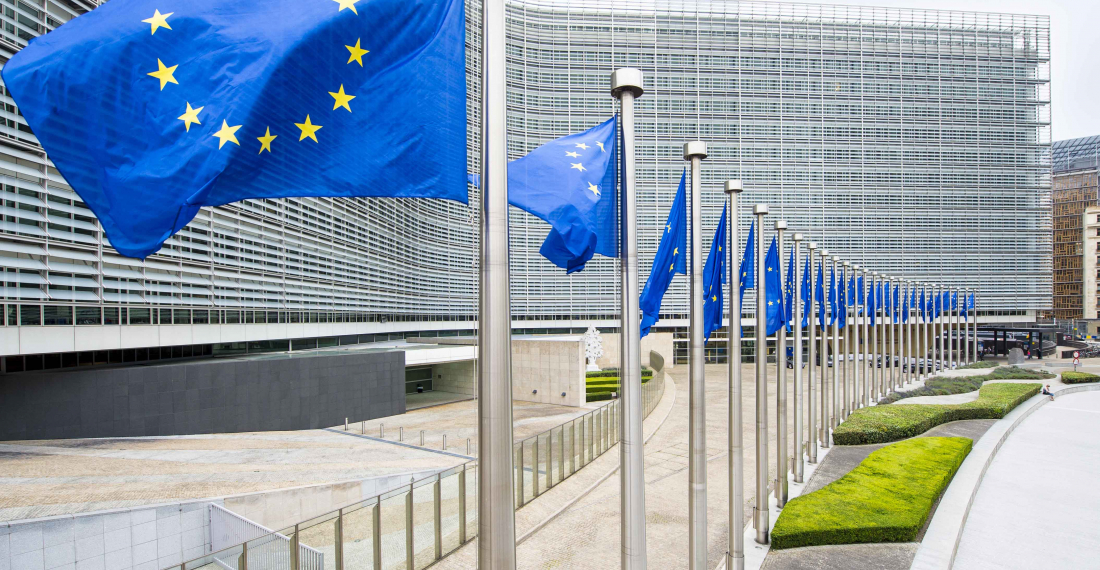The European Commission has adopted a new report on EU border regions with analysis and recommendations on how to strengthen the resilience of border regions also in the context of the coronavirus pandemic.
The European Commissioner for Cohesion and Reforms, Elisa Ferreira, said the following on the report:
“Border regions were particularly affected by the pandemic. Border controls were established, cross-border workers could not access their workplace and neighboring citizens were separated. At the same time, during the pandemic we could see great examples of stronger cooperation to overcome the constraints together. This report has analyzed the socio-economic situation and collected best practices to show how we can make border regions more resilient to future crises while enhancing their economic potential and preparing for the green transition.”
To deepen institutional co-operation the report proposes to extend the b-solutions initiative – the initiative that helps border regions to address very practical cross-border obstacles and to support the production and analysis of cross-border data. In order to make border regions more resilient to future health crises, the Commission will foster the development of strong cross-border public services.
To increase labour mobility, it is recommended to further support the EURES cross-border partnerships or raise awareness about the European Qualifications Framework. Lastly, the report focuses on the contribution of EU border regions to the European Green Deal calling, amongst other things, for more co-operation in Member States' national adaptation strategies and more attention to the cross-border dimension in Natura 2000.
You can read the report on EU border region here.






